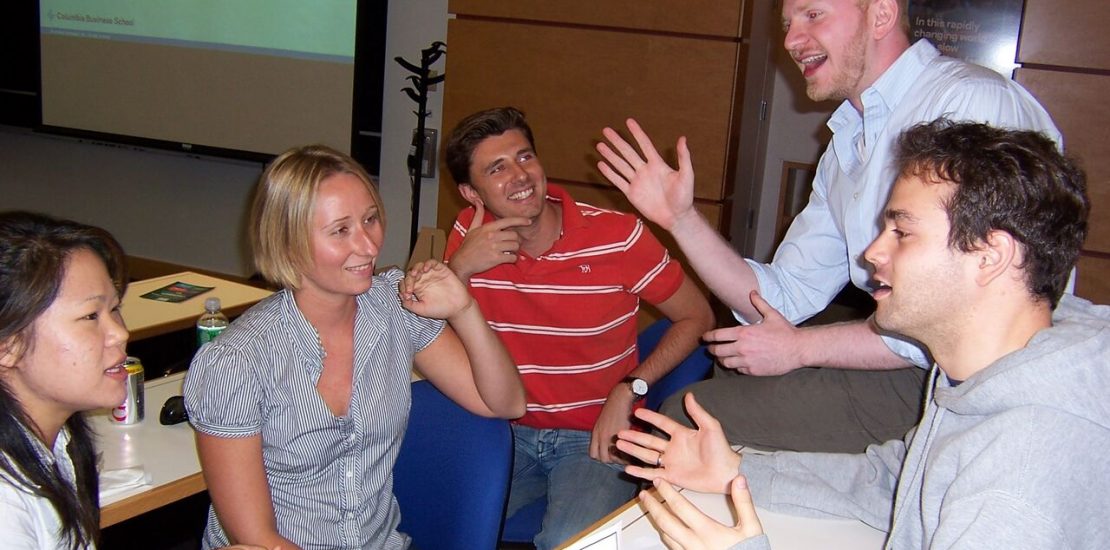- November 8, 2016
- Posted by: LTI
- Category: Corporate Team Building

Understanding the language of millennials can feel like deciphering hieroglyphics. Historically, it seems like every generation is doomed to confusion when trying to communicate with the one that follows. Well-intentioned efforts to reach out can easily end up backfiring, often in embarrassing ways. Bridging these cross-generational barriers is a common challenge faced by managers, teams, and organizations.
But regardless of the communication challenge, millennials are an intensely creative, highly engaged, powerful force in any workplace. To engage this population requires investing in their leadership development and focusing on personal satisfaction. Teambuilding can be an extremely valuable tool to help illustrate these differences, open productive conversations, and bridge potential communication gaps.
But teambuilding for millennials carries some important considerations!
What Millennials Want
The most important thing millennials crave is authenticity. This may sound odd coming from a generation that lives on Facebook, but it’s true. No matter who you are, they just want you to own it. For teambuilding activities to be effective, they need a similar level of realism and a focus on self-awareness. Teambuilding for the sake of teambuilding just won’t cut it!
Millennials are also focused on making a difference. A generation beset by unprecedented student loan debt and high expectations also loves to feel useful and impactful. Their sense of social responsibility and love of activism is definitely something that should be leveraged by ensuring that any teambuilding effort is focused on impacting real change.
Millennials are also early adopters. They love experimenting, new experiences, and connecting with others. This is a definite asset during teambuilding exercises where the group is being challenged to look beyond the obvious and make connections to larger and more significant applications.
How Does This Translate to Teambuilding?
By better understanding what motivates millennials, you are better able to design teambuilding activities that really engage this group. Exercises that are creative, active, original, address relevant issues, and result in practical solutions. Interestingly, these same goals will resonate equally as well with baby boomers and other generations, but the process to reach these goals may differ greatly.
To tap the creative and original side of millennials, focus on enabling them to create something tangible, that they can take pride in and show off. An activity like rocket building will challenge and excite them while also addressing business issues such as goal alignment, strategic planning, and resource allocation. Boat building is another engaging opportunity for experimentation and creativity while also emphasizing critical team skills that are fundamental to any business environment.
You can also tap their sense of social responsibility by focusing on the overall health of your organization. By using teambuilding as a tool to explore how individuals and teams can impact the organization, you leverage their desire to be involved and make a difference. This helps to shift the focus from “me” to “we” and encourages practical and relevant outcomes.
Above all, millennials love to have fun. Be sure to design and position your teambuilding efforts to address relationships over structure, memories over lessons, and personal growth over business solutions (remember that these items are not mutually exclusive, but rather follow one another). Building positive relationships by using the right teambuilding tools will translate into successful projects at work, improved communication, greater commitment, and a team that feels as authentic as millennials want it to be. More importantly, you will be tapping the full potential of your most valuable resource… your people!
Are you considering a teambuilding event that includes younger members of your staff? Contact LTI today and let’s get them started!
